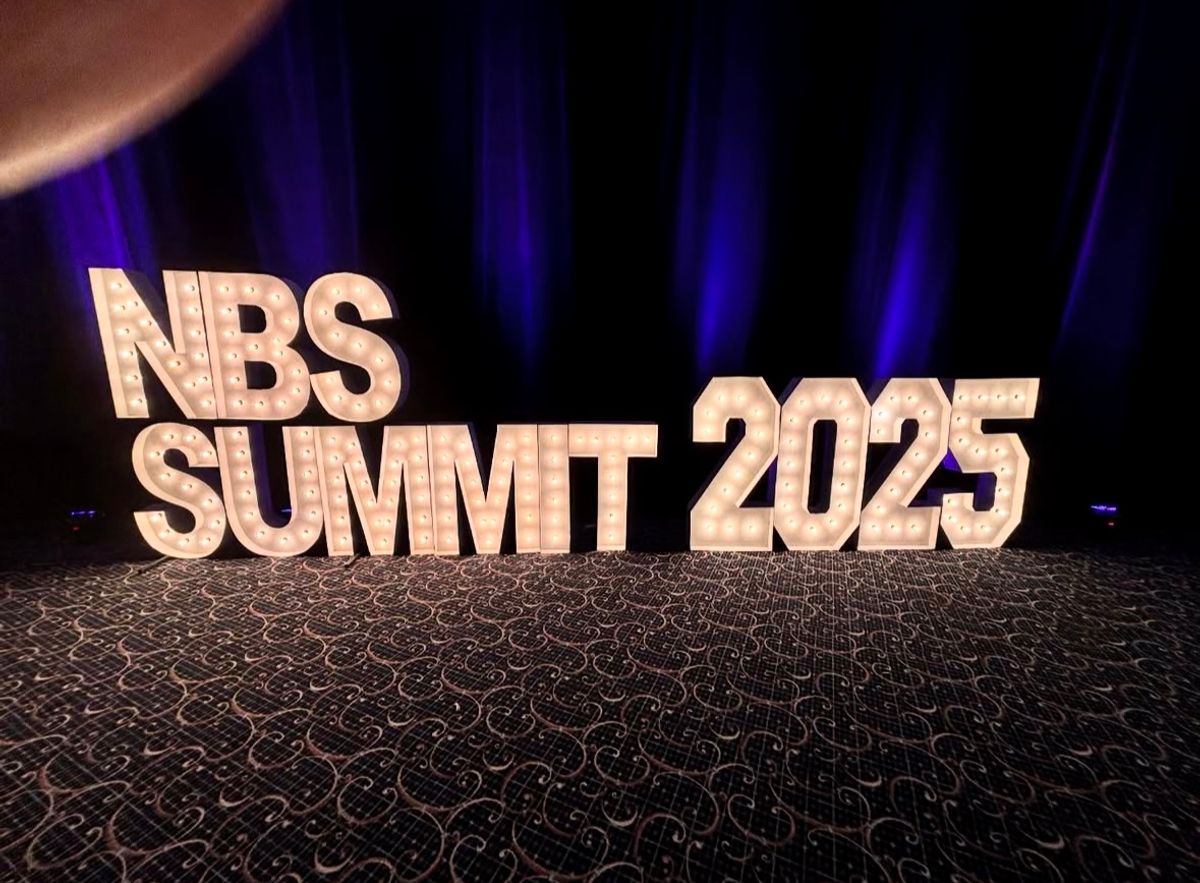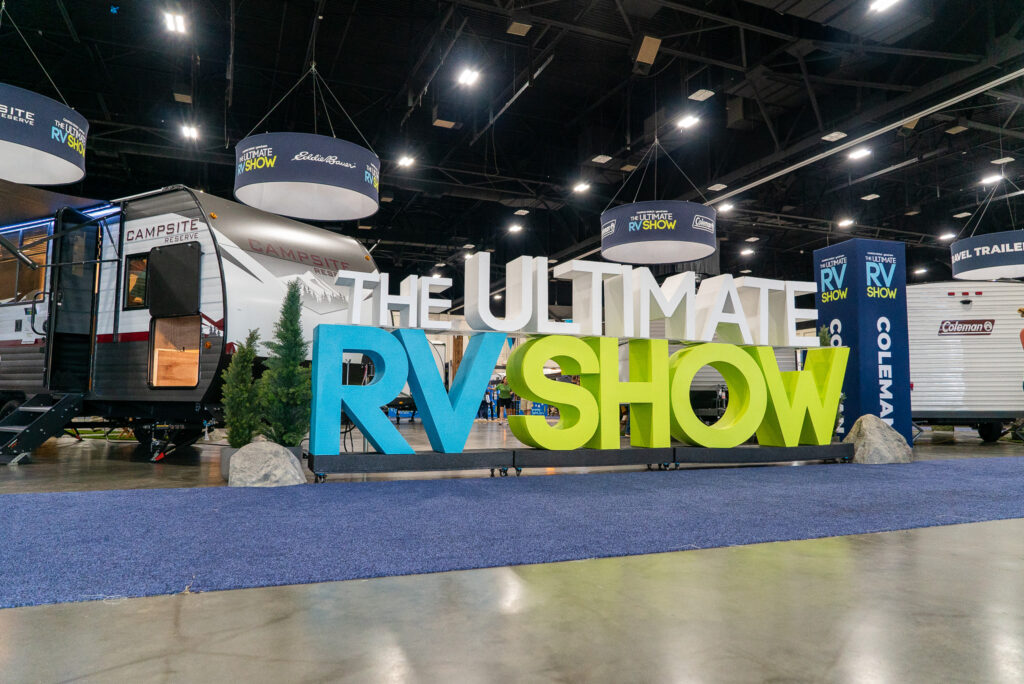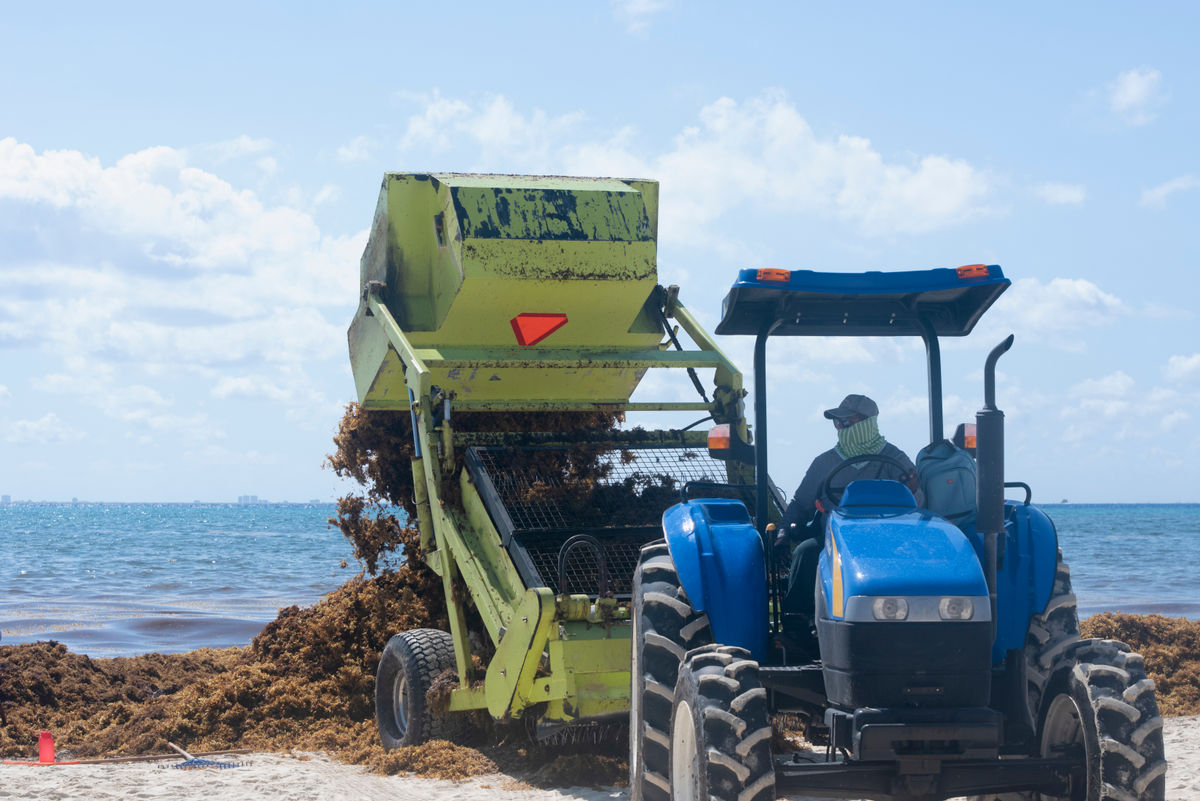Georgia Rivers and the Trust for Public Land introduced new paddle-in parks at RiverLands Park in Chattahoochee Hills, celebrating an expanded approach to eco-tourism along the Chattahoochee River. These additions form part of a broader effort to nurture recreational opportunities across a network of trails stretching about 100 miles between Peachtree Creek in Atlanta and Coweta County according to a recent update.
The new sites enable paddlers traveling by kayak or canoe to camp overnight in group settings with restrooms, showers, covered picnic areas, fire pits, and scenic water views. Organizers describe them as the first such publicly accessible facilities of their kind in Georgia, designed entirely with paddling enthusiasts in mind.
Officials involved say these parks will offer a model for rural tourism growth, as visitors drawn to water-based adventures can extend their trips and explore surrounding communities. Supporters point to the Chattahoochee RiverLands initiative, which encourages walking, bicycling, and boating experiences through an interconnected trail system.
Georgia Rivers is also preparing a two-day “Camp + Paddle Trail” excursion from April 25–27, featuring guided floats covering up to 28 miles of river travel. Adult registration includes catered meals, camping amenities, and shuttle services, for $340 based on event details. Participants will progress from historic Campbellton to the newly unveiled RiverLands Park, then onward to McIntosh Reserve in Carroll County.
“This is an exciting development for Georgia’s rivers,” said Rena Ann Peck, Georgia Rivers Executive Director. “As we continue to grow the state’s water trail system, these campsites can serve as a model for similar projects on other rivers. Amenities like this are common in other states where they generate tourism revenue for rural communities.” The statement follows increasing interest in sustainable methods of recreation that blend environmental stewardship with local economic benefits.
Project backers highlight the role of both private and public support for these new sites. They cite growing enthusiasm for outdoor activities statewide, with the Chattahoochee RiverLands project serving as a catalyst for future plans on other Georgia waterways.
Organizers note that safety will remain a top priority, especially for travelers taking multi-day excursions along the river. Many campgrounds offering on-water activities recommend clear signage about water conditions, regular training for staff in first aid, and a supply of protective gear for visitors. By encouraging mandatory orientations before launching, according to industry discussions, park managers aim to reduce risk and bolster visitor confidence.
Maintaining straightforward instructions and visible flotation devices can help novices and experienced paddlers alike. Some campgrounds ensure that staff have rescue or CPR training to improve guest confidence and lower the chance of serious incidents. Consistent use of life jackets further underscores a commitment to protecting visitors, who benefit from education on navigating river flow and potential hazards before heading out on the water.
Life jacket use is especially emphasized, as the U.S. Coast Guard estimates roughly 80% of boating-related drowning fatalities could be prevented if individuals wore flotation devices per maritime guidance. Advocates say such measures are crucial for ensuring a successful paddling season as more people discover these new camping opportunities.
Partnerships have proven essential to making the riverfront plan a reality. Successful outdoor recreation sites often engage with local nonprofits, tourism boards, and businesses to cross-promote visitor experiences. Such collaborations can help smaller towns increase exposure, offer deeper cultural insight, and strengthen support for everyday operations.
Many operators find value in reaching out to chambers of commerce or tourism offices for joint marketing campaigns. Highlighting nearby dining establishments, museums, or cultural heritage sites can lengthen the average stay, benefit local businesses, and enrich the traveler’s experience. Some campgrounds also develop educational programming, such as wildlife or conservation talks, further connecting visitors to community life.
Community-led educational efforts are another way to enrich visitor stays, as programs ranging from historical presentations to volunteer-based initiatives can encourage deeper engagement with Georgia’s river habitats. These efforts sometimes involve local associations that share an interest in supporting ecologically sound tourism and preserving the natural setting for generations to come.
By adopting approaches that highlight responsible resource management and cooperative marketing, operators in similar locations can replicate the blueprint established by these paddle-in parks. Coordinators believe welcoming travelers into comfortable overnight facilities, combined with opportunities for outdoor exploration, will create a lasting economic ripple effect in smaller communities.
Georgia Rivers remains focused on expanding water-based recreation and using its nonprofit partnerships to support the state’s water trail program. Officials suggest that the interest generated by this inaugural set of campsites could inspire similar efforts elsewhere in Georgia. Enthusiasts are encouraged to keep an eye on future developments that may broaden paddling itineraries even further.
Those interested in upcoming excursions or community events are invited to explore registration details for the “Camp + Paddle Trail” trip. Organizers say these opportunities reflect a growing nationwide movement to balance outdoor adventure with thoughtful stewardship, ultimately fostering a deeper appreciation for Georgia’s scenic rivers.
.png)
.png) 2 days ago
1
2 days ago
1








 English (US) ·
English (US) ·  Spanish (ES) ·
Spanish (ES) ·